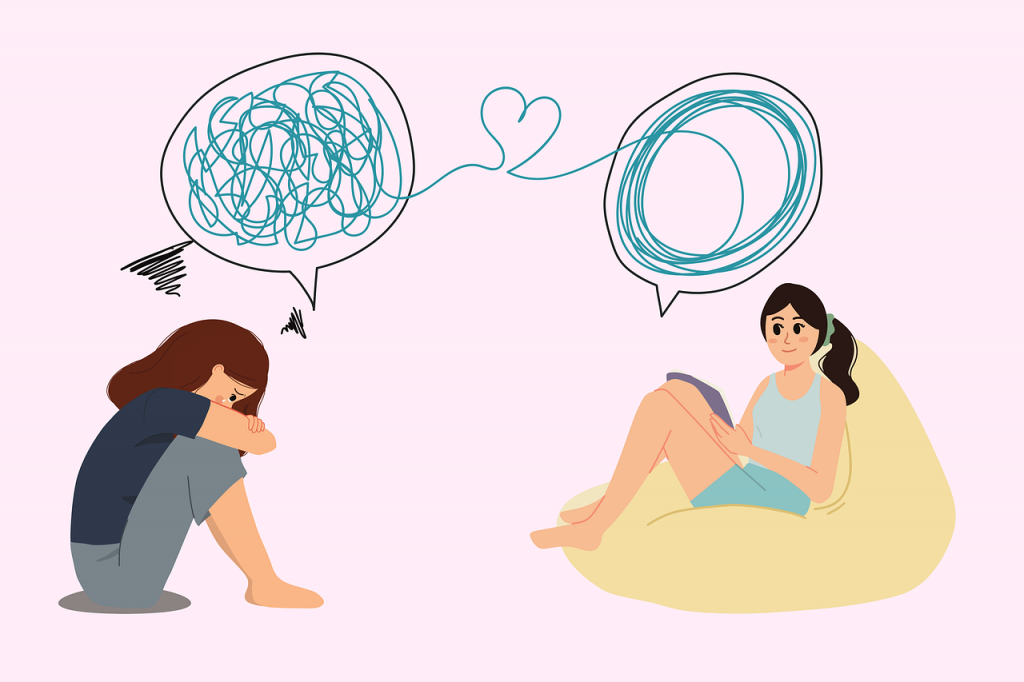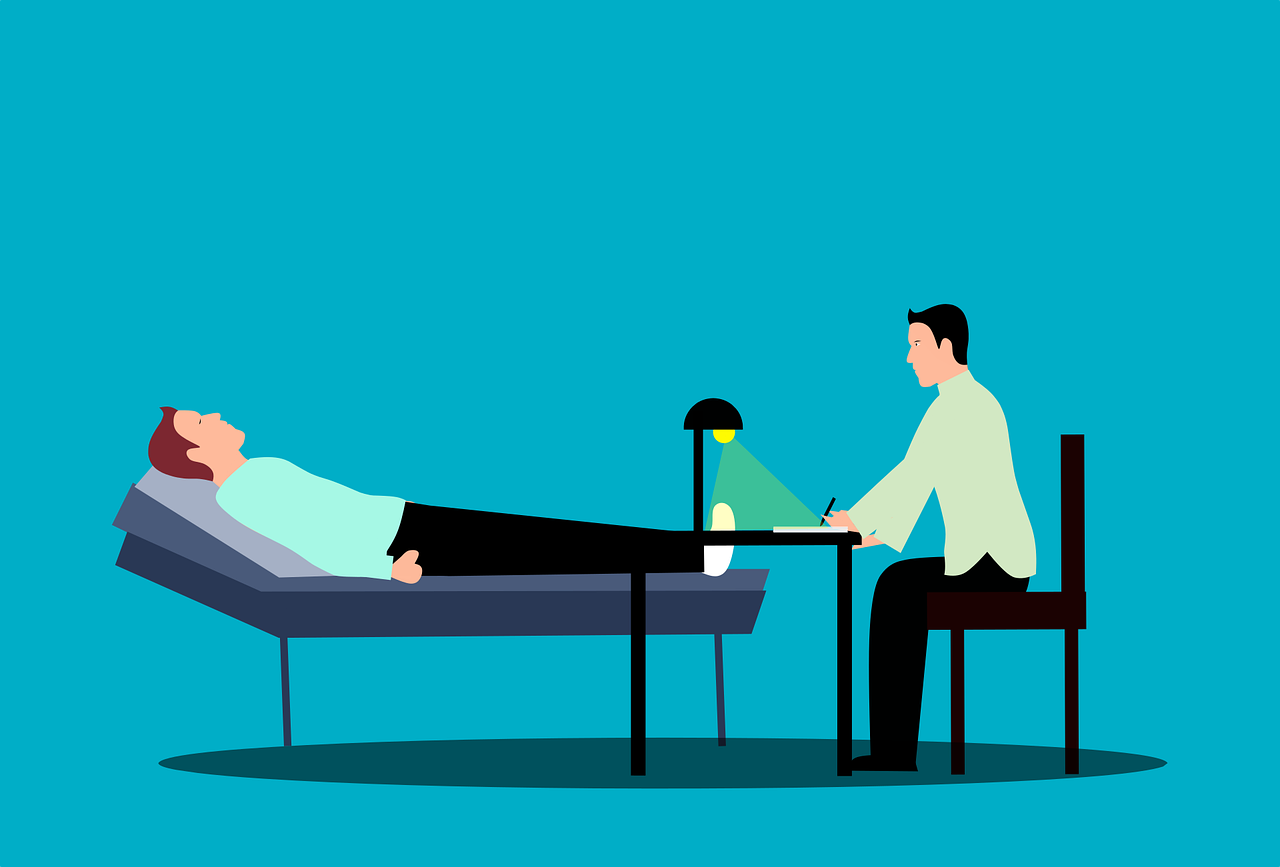Can Psychotherapy help Depression?
Depression is widely recognized as a major public health problem around the world. Of late psychological treatments have found a place as an alternative to antidepressants in recent-onset- mild to moderate forms of depression.
Active monitoring, individual guided self-help, cognitive behavioral therapy are very effective. On its own, this may not be enough to treat severe depression. But it can play an important role when used with other treatments, including medications. Psychotherapy helps to find ways to deal with everyday stressors. It increases the compliance to medications and can give a new perspective to problems. In treatment-resistant depression- therapy alongside medication reduces symptoms.
Apart from this, psychotherapy helps to identify if depression is getting worse.
The goals of psychotherapy are easy to describe but not always easy to achieve. These include
- relieving patients’ emotional distress,
- assisting them in finding solutions to problems in their lives
- helping them modify personality characteristics and behavior patterns that are preventing them from realizing it.
As noted, the defining characteristic of psychotherapy as a route to symptom relief and positive personality and behavior change is helping people understand themselves better as a vehicle for pursuing these goals.
Different types of therapies include-
- Cognitive Behavioral Therapy or CBT : Focus on how own thoughts and behaviors contribute to depression. Helps to learn ways to react to things and challenge preconceptions. Patients may be advised to keep a journal about what are the thoughts they get and how do they handle these and how to apply problem-solving techniques in particular situations.
- Interpersonal therapy– focuses on how relationships with others play a role in depression. Aids in learning to understand unhealthy behaviors and how to change these.
- Psychodynamic therapy– exploring behavior patterns and motivations that you may not be aware of which could contribute to depression. May focus on any traumas from past example- childhood trauma or any unresolved conflicts.
- Family counseling -treats the entire family- because it’s not only the person with the diagnosis who is affected by depression. If you’re depressed, your family feels it, too. This is a great way for family to learn about depression and the early warning signs.
For therapy to be successful, give it time- give therapy a chance to work. Don’t give up after a few sessions. Like with medications, therapy can take time before you feel the benefits. One-on-one sessions can help identify specific stresses and triggers that worsen depression.



Leave a Reply